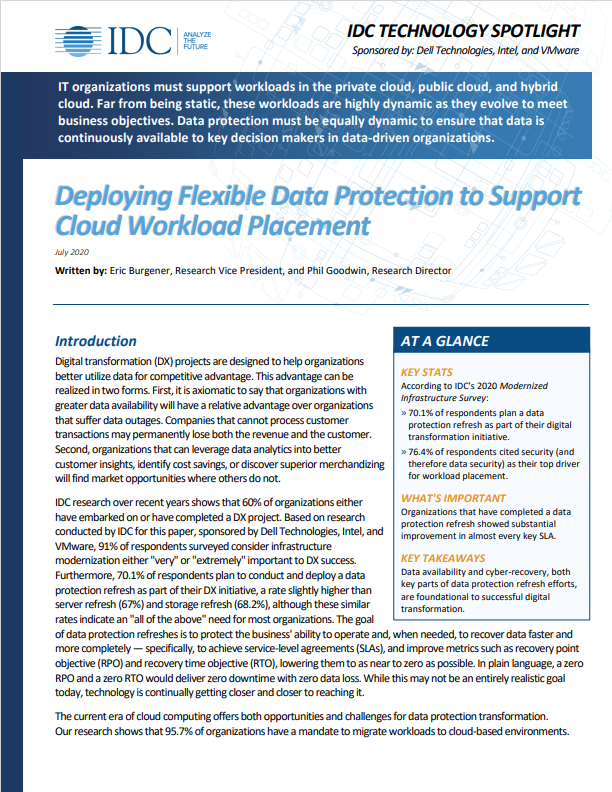Going for gold in business continuity
Business of IT: London 2012 has the potential to bring serious disruption to some companies, making now a good a time to update business continuity plans.

Sign up today and you will receive a free copy of our Future Focus 2025 report - the leading guidance on AI, cybersecurity and other IT challenges as per 700+ senior executives
You are now subscribed
Your newsletter sign-up was successful
"The Olympic planning piece is very London-centric," says Adam Stringer, an IT specialist at PA Consulting.
"But the advice to move your IT away from people is valuable. Companies have already been focused on moving IT away from head office, for cost reasons," he explains.
"Expensive floor space should not be taken up by technology, but you can also create a recovery strategy, and de-risk the business, by moving systems away from city centres."
A number of London-based organisations, including local councils, have been building up their remote IT facilities over past 18 months, taking advantage of virtualisation and replication technologies to move data and workloads over to new datacentres and the cloud.
"We have done a lot of work with the public sector and local government bodies that will be directly or indirectly affected by the Games," says Andy Ebbs, solution architect at Vision Solutions, a business continuity vendor. "But awareness [of the need for BCP] has been on the rise for some time, and that has also been prompted by other events, such as the Jubilee."
It is not just the prospect of a serious disaster that is prompting businesses to do so. Organisations may find that accessing sites in the capital or east London during the games is difficult enough to disrupt routine support and maintenance.
IT consultants are advising businesses to enter into a "lock down" period during the Games, as no-one will want to be offline because a planned upgrade fails.
Sign up today and you will receive a free copy of our Future Focus 2025 report - the leading guidance on AI, cybersecurity and other IT challenges as per 700+ senior executives
Keith Tilley, UK managing director at SunGard Availability Services, says there is a longer-term trend for companies to take business continuity more seriously.
"They are investing more, but they are also more confident in what they are doing," he says. "They are doing a lot more testing but they are also finding they need to be more available."
This is being driven by regulation, especially in fields such as financial services, and health. And larger companies, which have gone through a business continuity planning process themselves, have been putting pressure on their suppliers to boost their own plans for a number of years.
-
 Harnessing AI to secure the future of identity
Harnessing AI to secure the future of identityIndustry Insights Channel partners must lead on securing AI identities through governance and support
-
 How the rise of the AI ‘agent boss’ is reshaping accountability in IT
How the rise of the AI ‘agent boss’ is reshaping accountability in ITIn-depth As IT companies deploy more autonomous AI tools and agents, the task of managing them is becoming more concentrated and throwing role responsibilities into doubt
-
 Veeam snaps up former Gigamon channel chief Larissa Crandall
Veeam snaps up former Gigamon channel chief Larissa CrandallNews Industry veteran will lead Veeam’s channel business as vice president of global channel and alliances
-
 How much is 99.999% uptime actually worth?
How much is 99.999% uptime actually worth?In-depth Many service providers claim 99.999% uptime, but what does this actually mean?
-
 Deploying flexible data protection to support cloud workload placement
Deploying flexible data protection to support cloud workload placementWhitepaper Why data availability and cyber recovery are foundational to successful digital transformation
-
 RiverMeadow unveils multi-cloud disaster recovery solution
RiverMeadow unveils multi-cloud disaster recovery solutionNews The new capability helps protect VMware vSphere workloads both on-premises and in the cloud
-
 US government warns of increased risk of ransomware over holiday season
US government warns of increased risk of ransomware over holiday seasonNews CISA and FBI issue joint statement warning organizations not to let their guard down
-
 Property firm cyber attack leaves home movers in the lurch
Property firm cyber attack leaves home movers in the lurchNews Simplify Group customers were left unable to move house due to a systems outage
-
 Free decryptor key for REvil/Sodinokibi ransomware released
Free decryptor key for REvil/Sodinokibi ransomware releasedNews The key was made possible thanks to a collaboration between law enforcement and Bitdefender
-
 Datto launches its business continuity solution for Azure
Datto launches its business continuity solution for AzureNews Datto Continuity for Microsoft Azure helps MSPs recover data within minutes of an outage